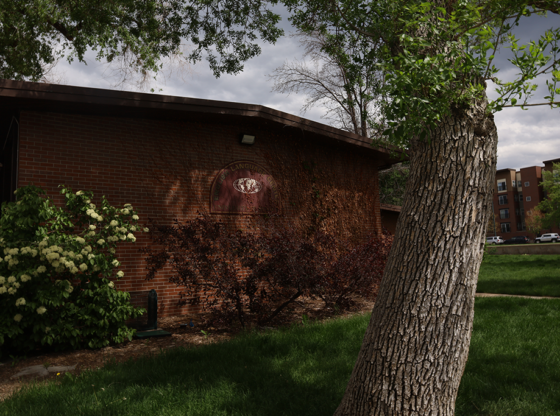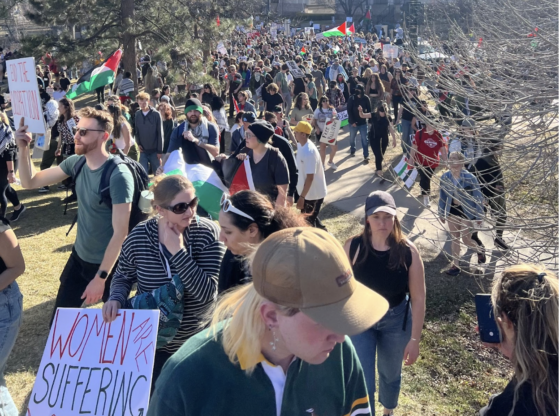Pioneers are set on changing the world. Be it international relations, social justice or climate science, it’s not hard to find exceedingly smart, aware and motivated DU students with an area in which they have strong opinions and a passion to make change. It is one of the things that makes this school great.
But, while we are still in college nursing our societal ambitions, how much good does each one of us actually do? As 18-22 year-olds, the sad answer is not very much, if we set our sights too high or wide.
Very few of us (even at this prestigious institution) will one day get to a station of life in which we can use our minds to affect drastic societal change for the greater good. Even among the most determined, many single-minded big-thinkers will fail; think of the 535 people who undoubtedly wanted to change the world and are currently hated by 79% of our country
And for those of us that don’t choose majors designed to solve the world’s problems (international studies, social work, etc.), heightened understanding of them actually has the potential to immobilize us.
Thanks to a phenomenon called “Psychic Numbing” made famous by psychologist Paul Slovic, our empathy decreases when we are confronted with large-scale problems our brain can’t process. We see sobering statistics about the refugee crisis or hear presentations on climate change and, instead of getting inspired, we think “Well, that’s too big for me to put a dent in,” and move on.
If unchecked, this effect lures us into an intellectual cynicism that is hard to shake. It make us hopeless and disdainful of the “woke,” and is responsible for the fruitless crusade against supposed “Social Justice Warriors.” However, affecting change is possible for most of us. We just have to think smaller.
This summer, I interned with a non-profit in Denver called Christ in the City that seeks to address the city’s well-documented chronic homelessness crisis through a radical method. (Though it is a religious organization, it takes a largely non-religious approach to a secular problem.)
The long-term volunteers at CIC don’t attempt to do the jobs of case workers, organizers or sociologists. Instead, they go on the streets nearly every day for a year to simply befriend homeless people; they listen to their stories, offer comfort and build consistent relationships with them.
It seems impractical. It is. This barebones, almost anti-intellectual approach was maddening to wrap my head around at first. Having hour-long, incoherent conversations instead of giving any money or using my intellect frequently gave way to questions of “how is this really helping anyone?”
However, I quickly learned that many of the city’s chronically homeless – those who have spent over a year on the streets – have given up hope of a better life, and often don’t accept the readily available relief services offered to them.
These people were beyond the help of policies. They needed nothing but a humble, individual effort to understand a person and help them with their first step of recovery: rediscovering their humanity through genuine interaction.
As trite as it may seem, this approach works. In its short history, this organization has helped numerous people break addictions and get into sustainable housing.
My experience encountering the homeless this summer refocused the way I see the notion of helping society. If we make an effort to do the good that we can in our current station of life, instead of being preoccupied with problems outside of it, we can make a tangible difference that will keep us empathetic and hopeful.
And this isn’t limited to homeless relief. Anyone can get connected with on- or off-campus volunteer organizations and help with a myriad of problems in the Denver community, instead of problems that need to be solved on a congressional scale.
I don’t intend to discount the work of those students who are passionate about their large-scale causes; I have immense respect for those of you that are resilient and level-headed enough to undergo the advanced training required to tackle big issues.
But for the rest of us, let’s just be sure to get your boots on the ground – it’ll break the bonds of both idealism and cynicism and make more of a difference than you think.











